President Donald Trump attacked the Utah judge who ordered the state to redraw its congressional maps ahead of the 2026 midterms — a decision that could result in less favorable districts for Republicans in the deeply red state.
Trump, who sparked a redistricting battle after demanding that Texas redraw its political boundaries to favor Republicans ahead of the midterms, called Monday's ruling “absolutely unconstitutional” and urged his party to preserve the state's four GOP-majority districts.
The president accused Judge Dianna Gibson of political bias for ruling that the state can no longer use its current maps and must draw new lines in compliance with an independent commission.
“How did such a wonderful Republican State like Utah, which I won in every Election, end up with so many Radical Left Judges?,” Trump wrote on social media. “All Citizens of Utah should be outraged at their activist Judiciary, which wants to take away our Congressional advantage, and will do everything possible to do so.”
Gibson was appointed to the district court by former Gov. Gary Herbert, a Republican, in 2018.
Trump’s criticisms of the Utah decision come as both Republicans and Democrats push for mid-decade redistricting around the country. After Trump pressured Texas Republicans to draw new lines, California Democrats responded with a ballot measure that asks voters to approve new congressional maps that would adopt five new Democratic-leaning districts.
Gibson said in her ruling that the state must obey a 2018 ballot measure approved by Utah voters that required districts to be drawn by an independent commission. Nonpartisan congressional maps could present an opportunity for Democrats to challenge for a seat in the Salt Lake City-area.
Trump’s comments echo the defense used by members of the state Legislature who argued the provisions of the 2018 ballot measure were unconstitutional. In her ruling, Gibson said that ballot measures to reform Utah’s voting laws aren't prohibited by state law or the Constitution and are binding.
“Neither the U.S. Constitution nor the Utah Constitution grants sole and exclusive authority over redistricting to the Legislature,” Gibson wrote. “Because legislative power is shared co-equally and co-extensively between the Legislature and the people, and because redistricting is legislative, the people have the fundamental constitution right and authority to propose redistricting legislation that is binding on the Legislature.”
.png)
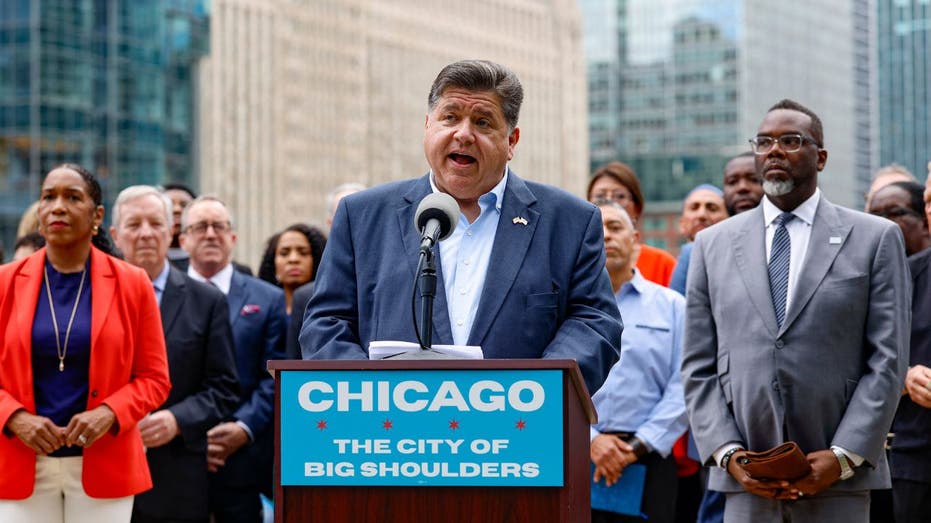


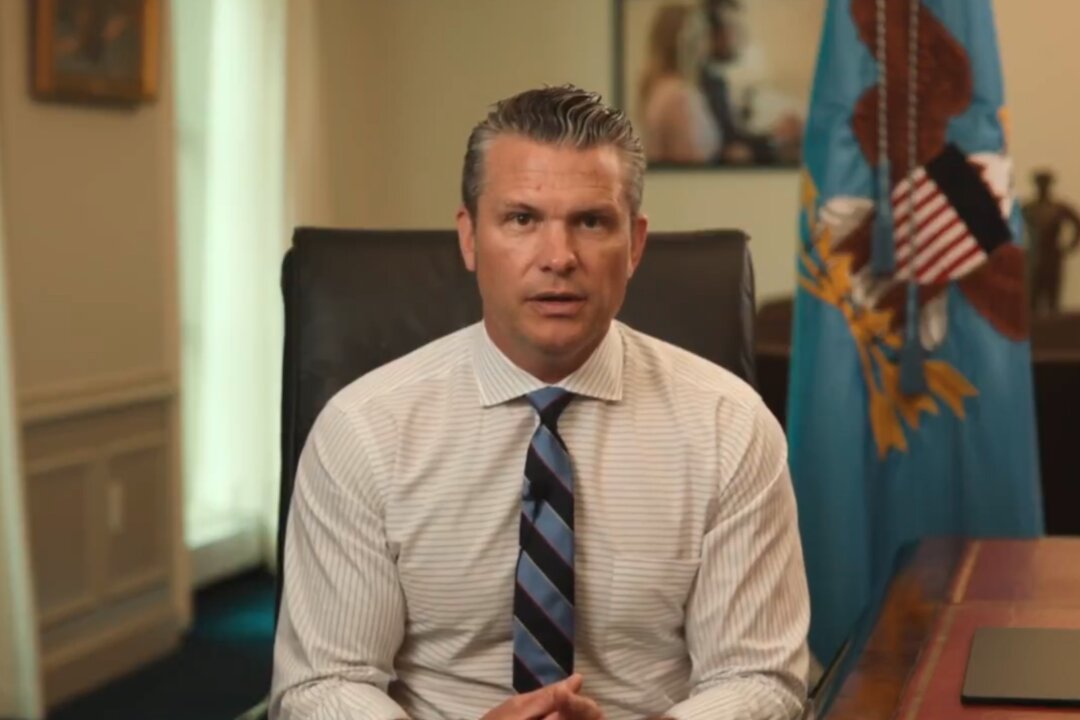
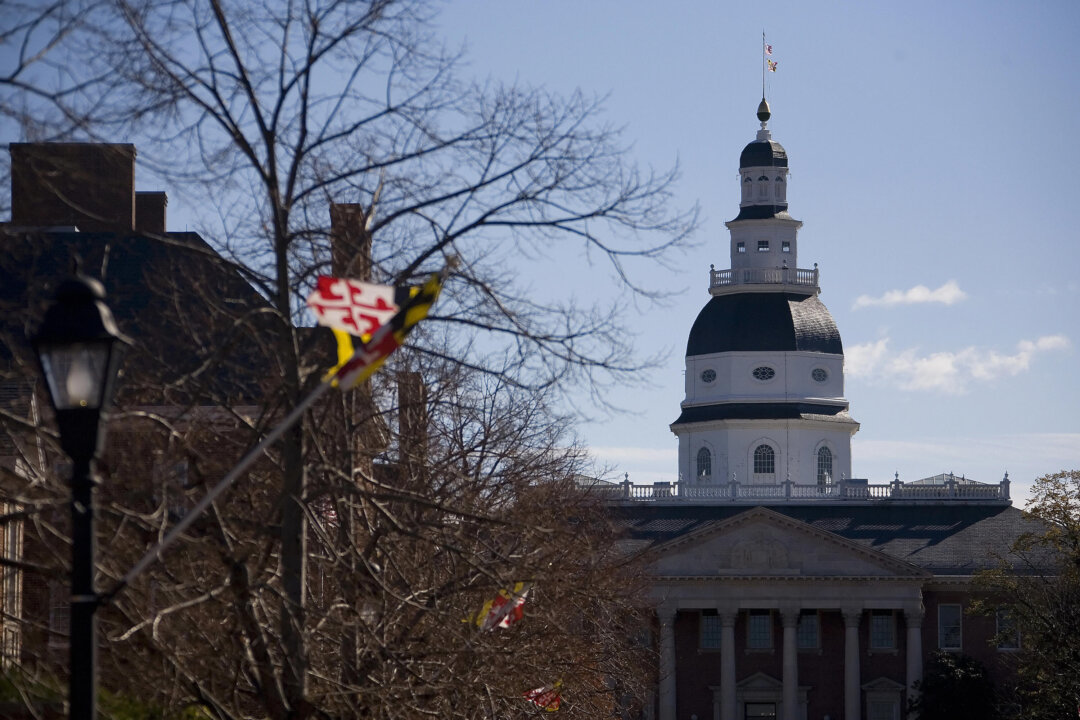



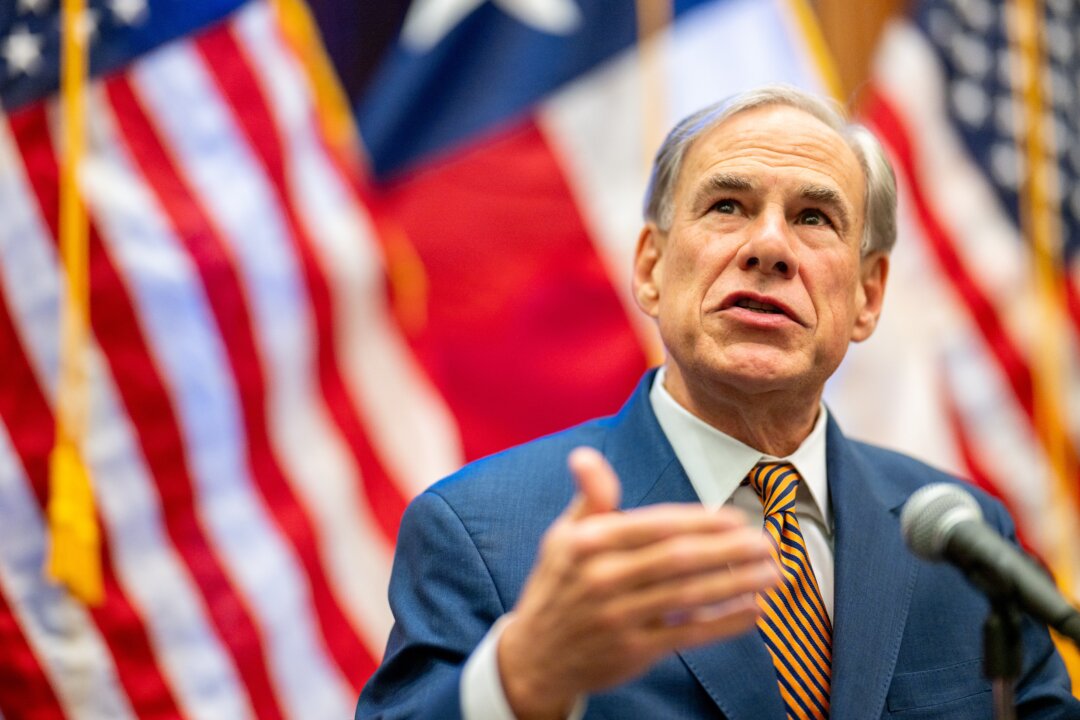


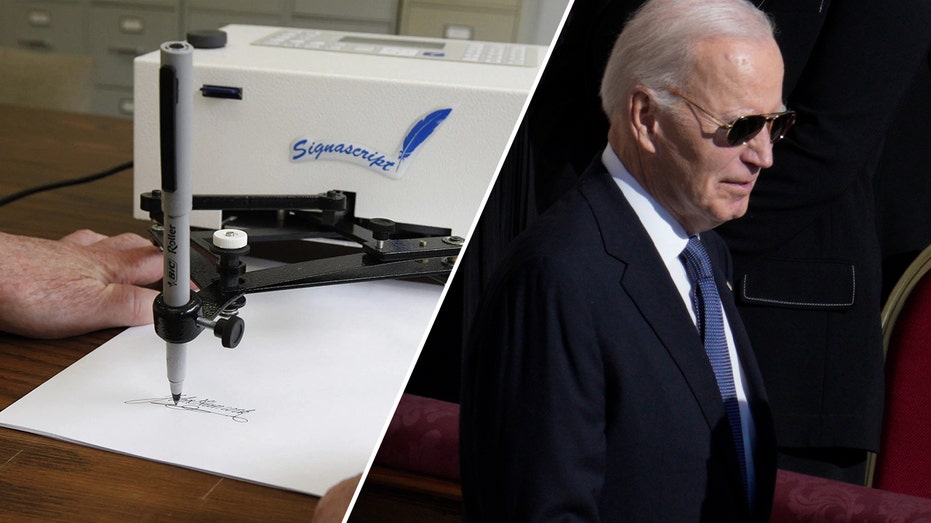



 English (US)
English (US)